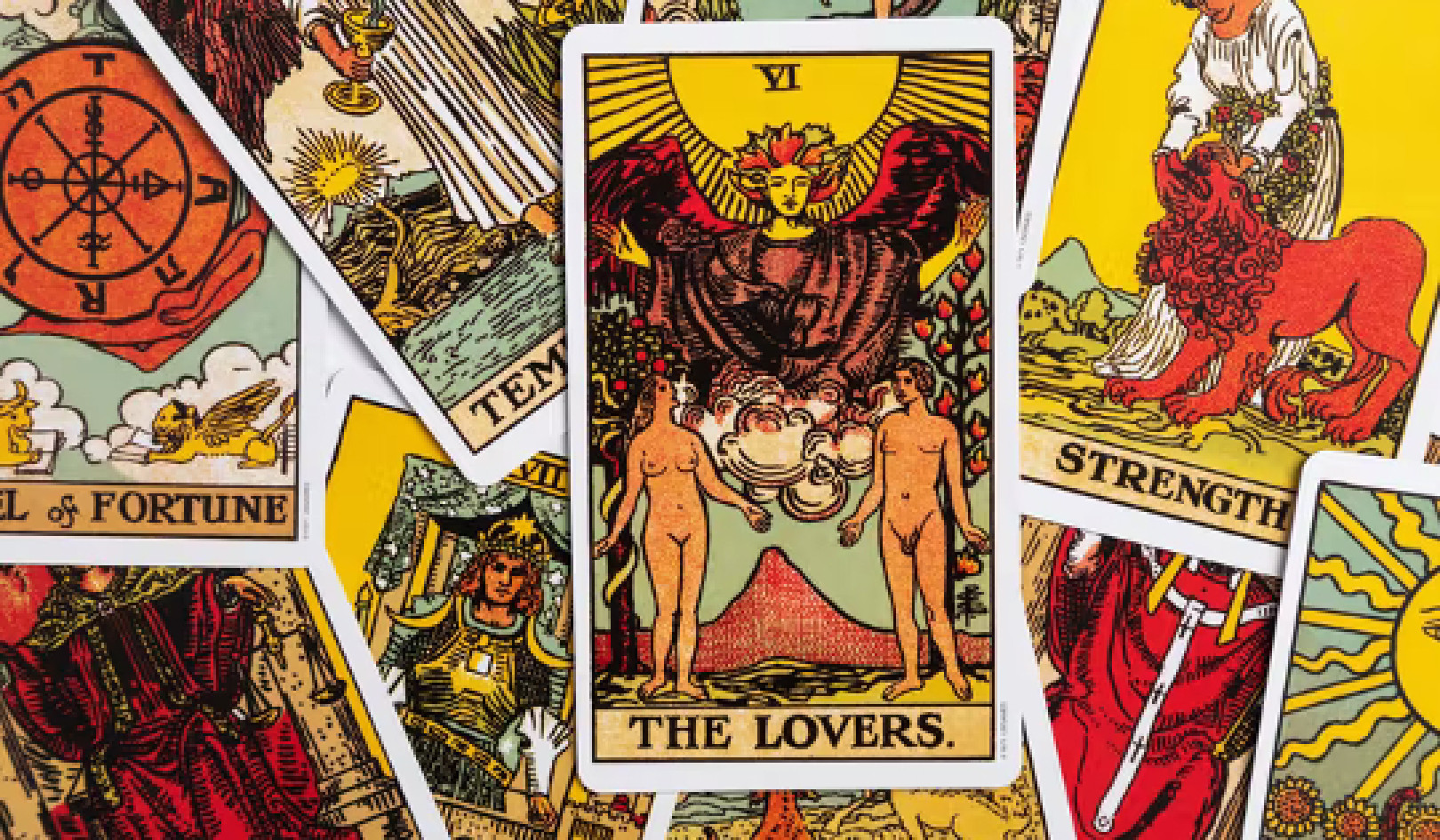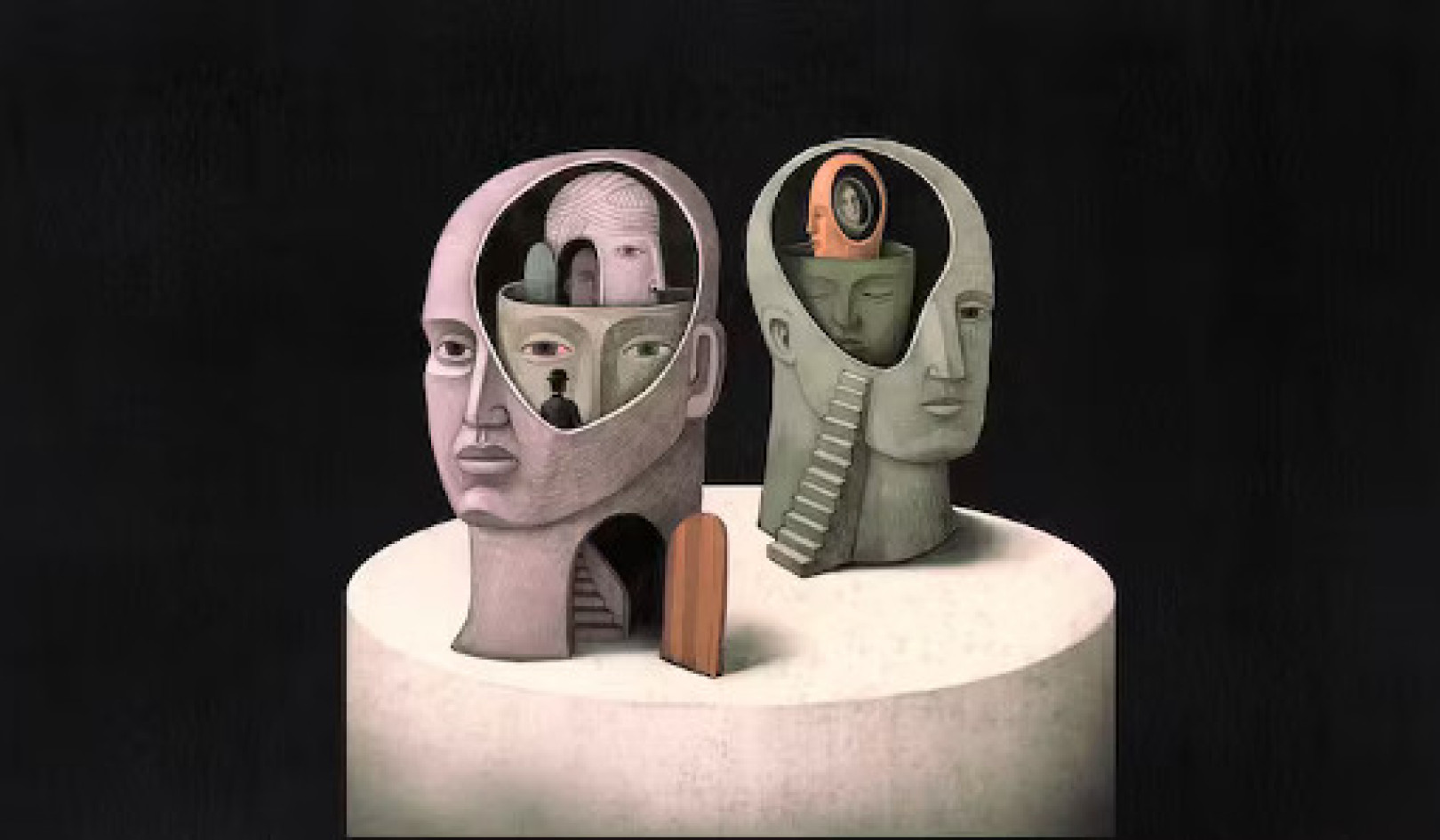
Since the quality of life for a dying person can be positively influenced by open and honest interactions, it is imperative that all of us -- professional and lay people alike -- begin to dismantle the conspiracy of silence that has enshrouded death for so long, and work to transform our fear and denial into knowledge and acceptance.
One powerful way to begin understanding death is to consciously reflect on it. Just sit quietly and think about death for a minute. It's not easy! Having denied it for so long, we can't help but find it difficult to imagine death at all. What does death look like?
Death Is Inevitable
One important and obvious realization that can come to light when thinking about death is that death is inevitable. The time death will come is uncertain, but that it will arrive is irrefutable. Everything and everyone now alive will one day be dead. This recognition -- that death cannot be overcome -- strikes a fatal blow to the myth of certainty. Contemplating the prospect of death brings immediacy to the present moment, and suddenly a very different reality can unfold.
Through the process of further reflection, a greater awareness of death occurs and eventually a calm presence in the face of death can be developed. Many dying people quite spontaneously and naturally turn their focus away from worldly problems and become concerned instead with questions about the meaning and purpose of life -- an investigation that can be inspirational as well as enlivening. As Stephen Levine says, "Many people say that they have never been so alive as at the time they are dying." For those physicians, nurses, loved ones, and friends who are able to remain open-minded and unafraid in the face of death, unusually strong bonds of love and understanding can develop between them and the person who is dying.
Reflect On Your Beliefs and Fears About Death
Unfortunately, though, most people have not reflected on their own beliefs and fears about death, and for them it can be very difficult, if not impossible, to remain unguarded and open when interacting with a dying person. Fear and anxiety contaminate the exchange and can block the possibility of a real, heartfelt connection, especially when unexpected or unusual events occur. Although some people do not experience extraordinary events around death, many do, and it's therefore important to acknowledge the possibility of such occurrences and learn to accept them open-mindedly.
An Extraordinary Experience About Death
I had an extraordinary experience when Kazu, an elderly Japanese man, summoned me to his bedside just prior to his death. Kazu had cancer and was dying at home, surrounded by his loving family: a wife, two sisters, and four daughters. I visited him twice a week to assess pain medications, and to assist his family with problems. Kazu and I developed an understanding that went beyond the daily routine of case management, and one day he told me in a confidential whisper, "My time to die is soon." He also said that he was afraid to leave because he did not want to disappoint his wife and sisters who were constantly planning their future with him, and reminding him, "Next summer, Kazu, we go to Vegas, yeah?"
Spontaneously, I whispered into Kazu's ear, "You call me when it is time to go. I will hear you and come and help you." I immediately questioned in my own mind the sensibility of such a promise. How could it happen? Kazu couldn't even use a phone. Two days later, as I was turning into the parking lot of the Queen's Hospital in Honolulu on my way to a 9:00 A.M. meeting, I distinctly heard a voice call out my name: "Margie." I considered it for a moment but then chalked it up to stress or the fact that I really didn't want to attend the meeting. Then I heard the voice again and definitely felt it was Kazu's. I quickly changed course and drove to his house. The women were very surprised to see me since I wasn't scheduled to come that day. "How is Kazu?" I asked. "Oh, fine," his wife replied, "he had some tea for breakfast."
I went to Kazu's bedside, where he lay with his eyes closed. He seemed so tired, and he did not look at me, but softly squeezed my hand as I slipped it into his. I lay my fingers gently across his wrist. His pulse was faint and rapid. Softly I said, "Kazu, I heard you calling me. I am here now. If you want to go it's all right; I will help the women. It's okay if you want to leave." As I spoke, the beats of his pulse became more erratic, and then they stopped. I was completely shocked, dazed. He was gone!
For several moments I thought about what role I might have played in his death by encouraging him to leave. Then the sisters came up behind me and asked how he was. Unable to register the profundity of what had happened, I stalled for time, grasping for a way to prepare them. I said, "He is getting weaker. I don't think he is doing well." The two sisters began weeping, and then the other family members came into the room and stood clutching one another near the door. His wife wailed, "Please don't die, Kazu. Oh, please don't leave us!" After about five long minutes, I said out loud, "Go in peace, Kazu; the women here all love you enough to allow you to go in peace. Hear how quiet the room is becoming." The crying diminished, and the women gathered themselves together with a noble dignity that suited their beloved Kazu. As each of us silently worked through the startling reality of death, we ritualized Kazu's passing by bathing his body with perfumed water and dressing him in some of his favorite clothes.
Beyond the Reality of Ordinary Thinking of Death
 Experiences such as this one with Kazu remind me that beyond the so-called reality of ordinary thinking and mundane habit, a transcendent realm of inner experience exists and can also be known. Such inexplicable occurrences at the time of someone's death have taught me to maintain an open mind and a more accepting attitude. To ignore, discount, or pathologize unusual and mysterious events forecloses the door to deeper understanding. To remain open to them -- and all inner callings -- allows the healing process to unfold.
Experiences such as this one with Kazu remind me that beyond the so-called reality of ordinary thinking and mundane habit, a transcendent realm of inner experience exists and can also be known. Such inexplicable occurrences at the time of someone's death have taught me to maintain an open mind and a more accepting attitude. To ignore, discount, or pathologize unusual and mysterious events forecloses the door to deeper understanding. To remain open to them -- and all inner callings -- allows the healing process to unfold.
In my nursing practice I have either personally observed or heard about hundreds of events surrounding death that cannot be explained by conventional thinking -- fleeting flashes of insight, brief moments of clear understanding so powerful that they alter the witness's point of view profoundly. I had such an experience when my best friend, Catherine, died.
Catherine had been in an automobile accident while we were in college that left her quadriplegic until the time that she died, ten years later. Throughout her long and often tortured life following the accident, Catherine cycled many times through the five stages of dying originally identified by Kubler-Ross: denial, anger, bargaining, depression, and acceptance. Fortunately, Catherine's family was able to provide her with all the required physical assistance that she needed: her parents added a huge suite and a handicap bathroom to their home and hired full-time attendants.
Catherine lived there for several years while she struggled with the meaning of her newly imposed limitations. At her request I lived there too, commuting to nursing school in San Francisco. Five years later, after my husband and I had married and had our two children, we built a studio addition to our house in Aptos so that Catherine could stay with us, and when her physical condition was still strong, she came often.
I Was Afraid of Facing Death
A few years after her last visit, Catherine's brother called me one day to say that Catherine was "drifting away." I was startled and said, "What do you mean 'drifting away'?" He told me that the cancer she had developed in her bladder could no longer be contained or controlled by chemotherapy and that now she was slipping into unconsciousness. He also said that she had asked for me several times, and that I ought to come to see her right away. It was difficult for me to agree to go to her that night. It was a long drive, but really I was afraid of facing Catherine's death. I didn't know what I would say to her, and I did not want to see her die. What if she died right while I was there? What would I do?
As a nurse I was supposed to know what to do around death, but, at that point, I didn't. I was unable to sleep that night and called Catherine's home early the next morning. Her brother answered the phone and told me that the mortuary had taken her body away just an hour ago. "She died?" I gasped. "I will be right there."
Driving across the Golden Gate Bridge to the mortuary, I remembered the wonderful apartment on Telegraph Hill that we had once shared with two other friends. We had all been in prep school together and had then become sorority sisters at UC Berkeley. Our social lives were focused on parties, clothes, and marriage. We never seriously considered that death would ever be part of our lives. Now, just ten years later, Catherine was dead. I wondered why I hadn't hurried to see her the night before while she was still alive, instead of rushing to see her now, when she was already gone.
Soon I was waiting nervously in a special room of the mortuary -- Catherine's mother had given me permission to view the corpse. I heard the clanging of metal, and then the door opened and the mortician wheeled in the gurney holding Catherine's draped body. After he left, I cautiously lifted the sheet that covered her motionless face. Her eyes were half shut. They looked cloudy and dry. Her last breath seemed to linger, to hang almost audibly in the set of her mouth. I fought to keep from crying, and my throat constricted in pain. Leaning over and gazing at her, I saw tears from my eyes hit the blue-white granite of her cheek and smoothly roll, like raindrops down a statue, to the sheet below. I stood there transfixed.
Connected and Interrelated with Everything
Being with Catherine like that after she had died transported me to a space beyond the confines of my own conventional thinking. I realized that the pain gripping my chest as I looked at her corpse was the dark shadow of my own sense of loss. She, on the other hand, was finally free from physical boundaries and the paralysis that had kept her locked in one position for so long.
I felt her presence in the room. She was there, I sensed, but no longer a part of the silent corpse that used to be Catherine. I kissed her ice-cold lips and thanked her for teaching me so much about friendship, love, and the uncertainty of life and its constant changes. Though deeply regretful for not having been physically present during Catherine's last moments, as I stood there observing her body after death, I felt graced with an amazingly clear view of the vastness of impermanence. I felt entirely connected and interrelated with everything. Past, future, death, and life were all present at once.
Although we deeply long for permanence, death teaches us with stunning clarity that it is nowhere to be found. When loved ones die, the passage of their physical presence from the world forces a reckoning with the inevitability of mortality and change. Time after time, reminders appear of what once was but is no longer -- the deceased's pajamas lying behind the hamper, or a hat carelessly shoved to the back of the closet, or a note scribbled on a crumpled piece of paper. Yet the dead person is no longer materially in the world, no longer a physical presence in the stream of events.
Death is Both Painful to Acknowledge and Difficult to Accept
Death is both painful to acknowledge and difficult to accept, but it is also the natural and normal outcome of life. Death is the universally shared destiny of everything that lives and is the most powerful teacher of the uncertainty of life and the omnipresence of impermanence.
If we can courageously open ourselves to these truths, we can eventually develop a lasting sense of peace -- and, most importantly, we can be of real assistance to others.
Reprinted with permission of the publisher,
Shambhala Publications Inc. ©2002, 2003.
http://www.shambhala.com
This article is excerpted from:
Sacred Passage: How to Provide Fearless, Compassionate Care for the Dying
by Margaret Coberly, Ph.D. R.N.
 Topics include: How the terminally ill can experience emotional and spiritual healing even when they can't be cured * Why Western medicine's relentless focus on curing disease has led to inadequate care for the dying * What to expect during the dying process How our fear and denial of death harm the dying * Techniques to help caregivers promote a peaceful environment for the dying and their loved ones * How to meet the changing physical and emotional needs of the dying * Helpful advice on what to say and how to behave around the terminally ill.
Topics include: How the terminally ill can experience emotional and spiritual healing even when they can't be cured * Why Western medicine's relentless focus on curing disease has led to inadequate care for the dying * What to expect during the dying process How our fear and denial of death harm the dying * Techniques to help caregivers promote a peaceful environment for the dying and their loved ones * How to meet the changing physical and emotional needs of the dying * Helpful advice on what to say and how to behave around the terminally ill.
About the Author

MARGARET COBERLY, PH.D., R.N., has been a nurse for more than thirty years, working in inner-city trauma centers and in hospice settings. She holds a doctorate in psychology and lectures at the University of Hawaii. Dr. Coberly is also a nurse educator and works as the director of research and development at Hospice Hawaii in Honolulu. She is the author of "Sacred Passage".






















